2014 年四川大学博士入学考试英语真题及答案
I.Reading Comprehension (30%; one mark each)
Directions: Read the following six passages. Answer the questions below each
passage by choosing [A], [B], [C], or [D]. Write your answers on the Answer
Sheet.
Passage One
In general, our society is becoming one of giant enterprises directed by a
bureaucratic management in which man becomes a small, well-oiled cog in the
machinery. The oiling is done with higher wages, Nell-ventilated factories and
piped music, and by psychologists and “human-relations” experts; yet all
this oiling does not alter the fact that man has become powerless, that he is
bored with it. In fact, the blue and the white-collar workers have become
economic puppets who dance to the tune of automated machines and bureaucratic
management.
The worker and employee are anxious, not only because they might find
themselves out of a job; they are anxious also because they are unable to
acquire any real satisfaction of interesting life. They live and die without
ever having confronted the fundamental realities of human existence as
emotionally and intellectually independent and productive human beings.
Those higher up on the social ladder are no less anxious. Their lives are
no less empty than those of their subordinates. They are even more insecure in
some respects. They are in a highly competitive race. To be promoted or to
fall behind is not a matter of salary but even more a matter of self-respect.
When they apply for their first job, they are tested for intelligence as well
as for the right mixture of submissiveness and independence. From the moment
on they are tested again and again-by the psychologists, for whom testing is a
big business, and by their superiors, who judge their behavior, sociability,
capacity to get along, etc. This constant need to prove that one is as good as
or better than one’s fellow-competitor creates constant anxiety and stress,
the very causes of unhappiness and illness.
Am I suggesting that we should return to the preindustrial mode of
production or to nineteenth-century “free enterprise” capitalism? Certainly
not. Problems the never solved by returning to a stage which one has already
outgrown. I suggest transforming our social system form, a bureaucratically
managed industrialism in which maxima, production and consumption are ends in
themselves, into a humanist industrialism in which man and full development of
his potentialities-those of all love and of reason-are the aims of social
arrangements. Production and consumption should serve only as means to this
end and should be prevented from ruling man.
1. By “a well-oiled cog in the machinery” the author intends to deliver the
idea that man is ____.
�
[A] a necessary part of the society though each individual’s function is
negligible
[B] working in complete harmony with the rest of the society
[C] an unimportant part in comparison with the rest of the society
[D] a humble component of the society, especially when working smoothly
2. The real cause of the anxiety of the workers and employees is that ____.
[A] they are likely to lose their jobs
[B] they have no genuine satisfaction or interest in life
[C] they are faced with the fundamental realities of human existence
[D] they are deprived of their individuality and independence
3. From the passage we can conclude that real happiness of life belongs to
those ____.
[A] who are at the bottom of the society
[B] who are higher up in their social status
[C] who prove better than their fellow-competitors
[D] who could dip fir away from this competitive world
4. To solve the present social problems the author puts forward a suggestion
that we should ____.
[A] resort to the production mode of our ancestors
[B] offer higher wages to the workers and employees
[C] enable man to fully develop his potentialities
[D] take the fundamental realities for granted
5. The author’s attitude towards industrialism might best be summarized as
one of ____.
[A] approval
[C] suspicion
Passage Two
[B] dissatisfaction
[D] susceptibility
The government-run command post in Tunis is staffed around the clock by
military personnel, meteorologists and civilians. On the wall are maps,
crisscrossed with brightly colors arrows that painstakingly track the fearsome
path of the enemy.
�
What kind of invader gives rise to such high-level monitoring? Not man,
not beast, but the lowly desert locust(蝗虫). In recent moths, billions of
the 3-inch-long winged warriors have descended on Algeria, Libya, Morocco and
Tunisia, blackening the sky and eating up crops and vegetation. The insect
invasion, the worst in 30 years, is already creating great destruction in the
Middle East and is now treating southern Europe. The current crisis began in
late 1985 near the Red Sea. Unusually rainy weather moistened the sands of the
Sudan, making them ideal breeding grounds for the locust, which lays its eggs
in the earth. The insect onslaught threatens to create yet another African
famine. Each locust can eat its weight (not quite a tenth of an ounce) in
vegetation every 24 hours. A good-size swarm of 50 billion insects eats up
100,000 tons of grass, trees and crops in a single night.
All $150 million may be needed this year. The U.S. has provided two
spraying planes and about 50,000 gal. of pesticide. The European Community has
donated $3.8 million in aid and the Soviet Union, Canada, Japan and China have
provided chemical-spraying aircraft to help wipe out the pests. But relief
efforts are hampered by the relative mildness of approved pesticides, which
quickly lose their deadly punch and require frequent replications. The most
effective locust killer Dieldrin has been linked to cancer and is banned by
many Western countries and some of the affected African nations. More than 5
million acres have been dusted with locust-killing chemicals; another 5
million will be treated by the end of June.
On May 30, representatives of Tunisia, Algeria, Libya, Morocco and
Mauritania will meet in Algiers to discuss tactics to wipe out the ravenous
swarms. The move is an important step, but whatever plan is devised, the
locust plague promised to get worse before the insects can be brought under
control.
6. The main idea of the first sentence in the passage is that ____.
[A] the command post is stationed with people all the time.
[B] the command post is crowded with people all the time.
[C] there are clocks around the command post.
[D] the clock in the command post is taken care of by the staff.
7. The favorable breeding ground for the locust is ____.
[A] rich soil.
[B] wet land
[C] spaces covered crops and vegetation
[D] the Red Sea
8. People are alert at the threat of the locust because ____.
[A] the insects are likely to create another African famine.
[B] the insects may blacken the sky.
�
[C] the number of the insects increases drastically.
[D] the insects are gathering and moving in great speed.
9. Which of the following is true?
[A] Once the pesticides are used, locust will die immediately.
[B] Relief efforts are proved most fruitful due to the effectiveness of
certain pesticides.
[C] Dieldrin, the most effective locust killer, has been widely accepted in
many countries.
[D] Over 10 million acres of affected area will have been treated with
locust-killing chemicals by the end of June.
10. The purpose for affected nations to meet in Algiers on May 30 is ____.
[A] to devise antilocust plans.
[B] to wipe out the swarms in two years.
[C] to call out for additional financial aid from other nations.
[D] to bring the insects under control before the plague gets worse.
Passage Three
The London 2012 sustainability watchdog embroiled in a row over the sports
ship of the Olympic Stadium by Dow Chemical is to push the International
Olympic Committee to appoint an “ethics champion” for future Games.
The Commission for a Sustainable London 2012 has been bruised by criticism
over Dow’s sponsorship of the wrap that will surround the Olympic stadium,
particularly since commissioner Meredith Alexander last month resigned in
protest.
Campaigners believe that Dow has ongoing liabilities relating to the 1984
Bhopal disaster that resulted in the deaths of an estimated 20,000 people and
the serious injury of tens of thousands more. Dow, which bought the owner of
the plant in 2001, insists that all liabilities have been settled in full.
Commission chairman Shaun McCarthy said that its tight sustainability
remit did not extend to acting as moral guardian of the Olympic movement but
that it would press for such a role to be created when evaluating sponsors for
future Games.
In addition to sponsoring the 7m pounds wrap that will surround the
Olympic Stadium, Dow has a separate 100m dollars sponsorship deal with the IOC
that was signed in 2010.
�
But McCarthy also defended the commission’s role in evaluating the Dow
deal, after Amnesty International wrote to London 2012 chairman Lord Coe to
raise the issue.
“What has been lost in all of this story is that a really excellent,
sustainable product has been procured, we looked at Locog’s examination of
Dow Chemical’s current corporate responsibility policies and, again, Dow
achieved that highest score in that evaluation. We verified that.” said
McCarthy.
“As far as the history is concerned and issues around Bhopal, there is no
doubt Bhopal was a terrible disaster and snore injustice was done to the
victims. Who is responsible for that injustice is a matter for the courts and
a matter for others. We have a specific remit and terms of reference that we
operate under and we have operated diligently under those terms.”
The commission will on Thursday release its annual review. It finds that
“good press” has been made to wands many of Locog’s sustainability target,
but that “major challenges” remain.
In particular, the commission found that there was no coherent strategy to
achieve a 20% reduction in carbon emissions after an earlier scheme to use
renewable energy feel through when a wind turbine on the site proved
impractical.
“We had conversations with Locog over a year ago about this and said they
had to demonstrate how they were going to achieve at least 20% carbon
reductions through energy conservation if they’re not going to do it through
renewable energy,” said McCarthy. “There are some good initiatives, but
quite frankly they just haven’t done it.”
11. Why was Dow’s sponsorship criticized according to the passage?
[A] The products are not sustainable.
[B] It was related to Bhopal disaster.
[C] It bribed the London Olympic committee.
[D] It can’t reduce 20% of the carbon emission.
12. What is Paragraph 4 mainly about?
[A] Commission’s role
[B] Commission’s achievements
[C] Commission’s complaints
[D] Commission’s defense
13. Which of the following words can best replace the underlined word “row”
(Para. 1)?
�
[A] line
[C] boating
[B] argument
[D] course
14. What is one of the challenges of the sustainability target mentioned in
the passage?
[A] Ethic champion of the games.
[B] Reduction in carbon emissions.
[C] The wind turbine proved to be impractical.
[D] Renewable energy is not available.
15. Which of the following can best summarize the passage?
[A] Commission defends its own role in evaluating controversial.
[B] Dow’s way to the 2012 London Olympic Games.
[C] Campaign against Dow’s sponsorship.
[D] IOC’s review on the controversy.
Passage Four
As Facebook dominates the news with its initial public offering, activists
are seizing the moment to pressure the company to add some estrogen and
ethnicity to its white-male board.
A women’s rights group called Ultraviolet, which has been running an
online petition that claims to have attracted more than 50,000 signatures, is
escalating its push, posting a new YouTube video called “Do Women Have a
Future at Facebook?”. The video shows photos of successful women such as
Hillary Clinton getting their heads cropped off the replaced with the smiling
face of Facebook founder Mark Zuckerberg.
“Facebook has grown off the backs of women, who make up the majority of
its users and are responsible for the majority of sharing and fan activity on
the site,” the group says in a blurb accompanying the video. An all-male
board, the group says, is “not just wrong, it’s bad for business”. A
related campaign, called Face It, criticizes the lack of ethnic diversity on
the seven-member board. “seven white men: That’s ridiculous,” the group
says on its homepage, along side headshots of the men. The campaign, which
lists dozens of human-rights groups and corporate executives as supporters,
also has its own YouTube video. Called “Face it, Facebook”, the video cites
a recent Zuckerberg letter to investors that says:“Facebook was not
originally created to be a company. It was built to accomplish a social
mission-to make the world more open and connected.”
That message is at odds with the pale-faced board, activists say. Susan
Stautberg, co-chairwoman of Women Corporate Directors, an organization for
�
female corporate board members, says Zuckerberg’s thinking is flawed. “If
you’re trying to expand a company globally, then you want someone on the
board who has built a global brand,” she says. “Most of these guys on
Facebook’s board all have the same skills-they’re mostly from Silicon Valley
and Washington. You want someone who has worked in China and India and rising
markets. You want someone who has marketed to women. When you’re putting
together a board, you don’t want your best friends, you want the best
people.”
Having zero female directors does not appear to be a good business plan,
research shows. Companies with women on the board perform substantially better
than companies with all-mall boards, according to a 2011 study of Fortune 500
companies conducted by the research group Catalyst. The study showed that over
the course of four to five years, companies with three or more female board
members, on average, outperformed companies with no female board members by 84
percent when it came to return on sales and by 60 percent when it came to
return on invested capital.
Facebook may secretly be on the lookout for a female board member,
according to a recent Bloomberg report. Citing unnamed sources, Bloomberg said
Facebook had enlisted the corporate-recruitment firm Spencer Stuart to help
seek some diversity. Spencer Stuary says it does not comment on clients due to
confidentiality agreements.
16. Which of the following descriptions is CORRECT about the Ultraviolet Group?
[A] It is a non-government organization.
[B] It is appealing for “more female roles in big corporations like
Facebook” through the Internet.
[C] It has the support of many female celebrities such as Hillary Clinton.
[D] It is getting more and more support from the society.
17. Which of the following descriptions is INCORRECT about the campaign “Face
It”?
[A] It pointed out the irrational composition of Facebook’s board of
directors.
[B] The campaign has plenty of human-rights supporters.
[C] It indicated the original objective of Zuckerberg’s establishment of
Facebook.
[D] It is constantly using other media devices to support Facebook.
18. The underlined phrase “at odds with” in the fourth paragraph has the
closest meaning of ____.
[A] against all odds
[B] supported by
�
[C] disagree with
[D] waifs and strays
19. According to Susan Stauberg, a well-performed business should _____.
[A] have a complex system of management.
[B] possess the most market globally.
[C] have your best and close friends as your board members.
[D] have a diverse board member in which everyone has his/her own
specialties and can contribute different skills into the corporation.
20. What will probably happen to Facebook?
[A] The corporation will turn to Spencer Stuart for recruiting more female
board members.
[B] The corporation will dominate the news because its worldwide popularity.
[C] The corporation will gradually lose its users because it does not have
female board members.
[D] None of the above.
Passage Five
For this generation of young people, the future looks bleak. Only one in
six is working full time. Three out of five live with their parents or other
relatives. A large majority-73 percent-think they need more education to find
a successful career, but only half of those say they will definitely enroll in
the next few years. No, they are not the idle youth of Greece or Spain or
Egypt. They are the youth of America, the world’s richest country, who do not
have college degrees and aren’t getting them anytime soon. Whatever the sob
stories about recent college graduates spinning their wheels as baristas or
clerks, the situation for their less-educated peers is far worse. For this
group, finding work that pays a living wage and offers some sense of security
has been elusive.
Despite the continuing national conversation about whether college is
worth it given the debt burden it entails, most high school graduates without
college degrees said they believe they would be unable to get good jobs
without more education.
Getting it is challenging, though, and not only because of formidable debt
levels. Ms. McClour and her husband, Andy, have two daughters under 3 and
another due next month. She said she tried enrolling in college classes, but
the workload became too stressful with such young children. Mr. McClour works
at a gas station. He hates his work and wants to study phlebotomy, but the
nearest school is an hour and half away.
Many of these young people had been expecting to go to college since they
started high school, perhaps anticipating that employers would demand skills
�



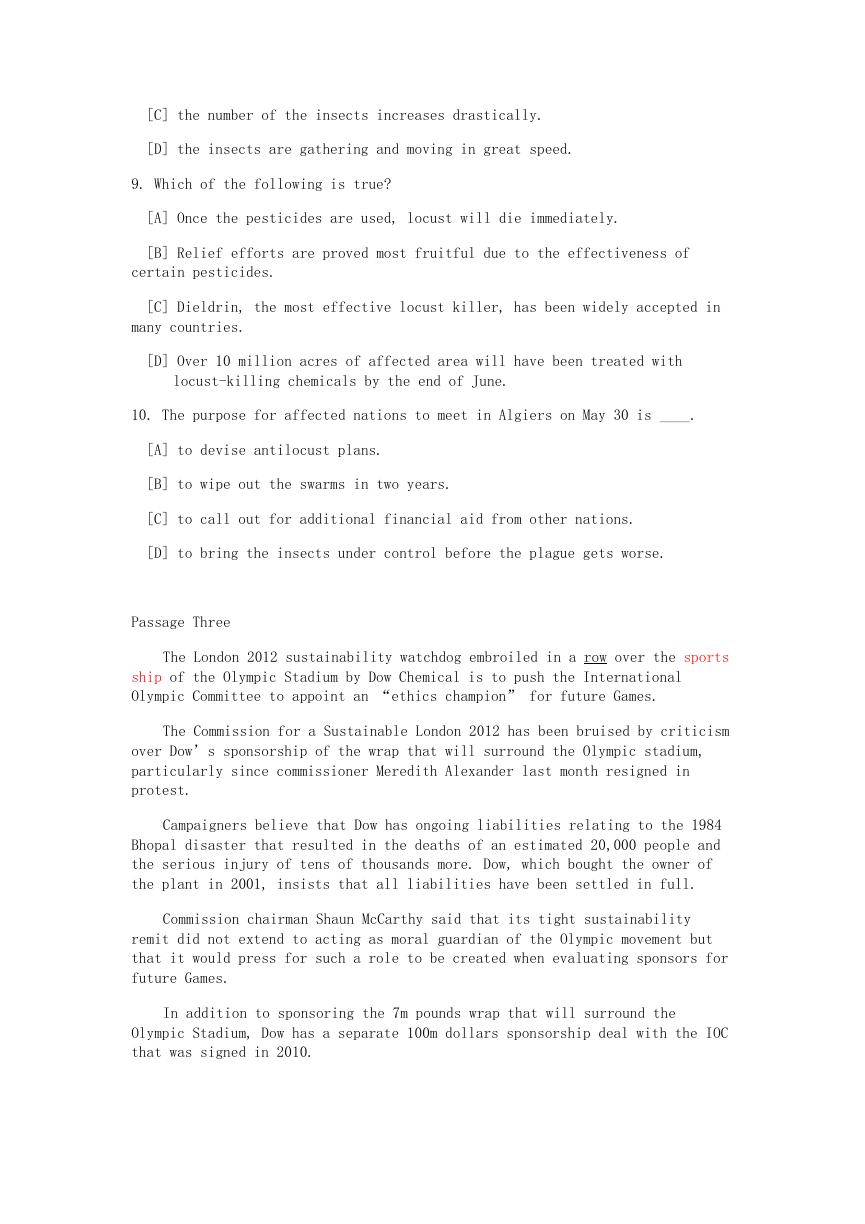
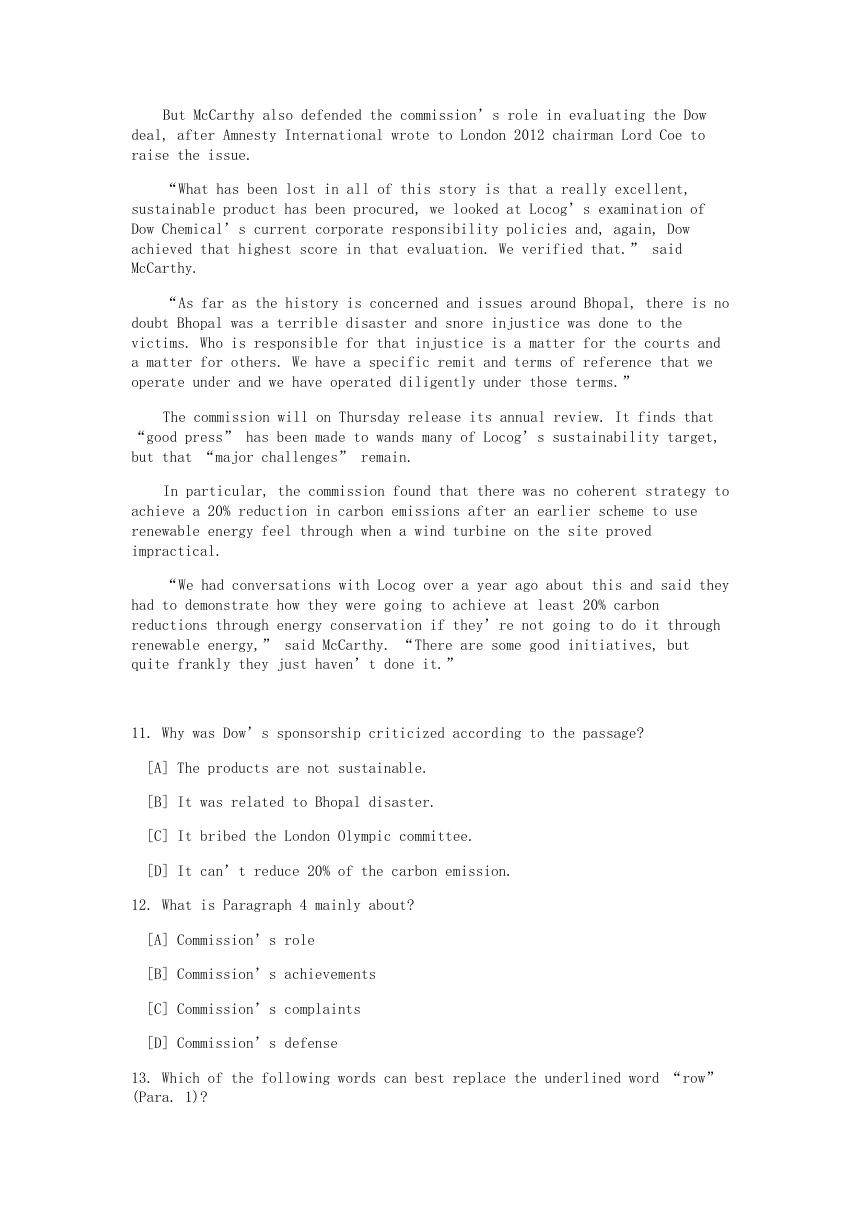
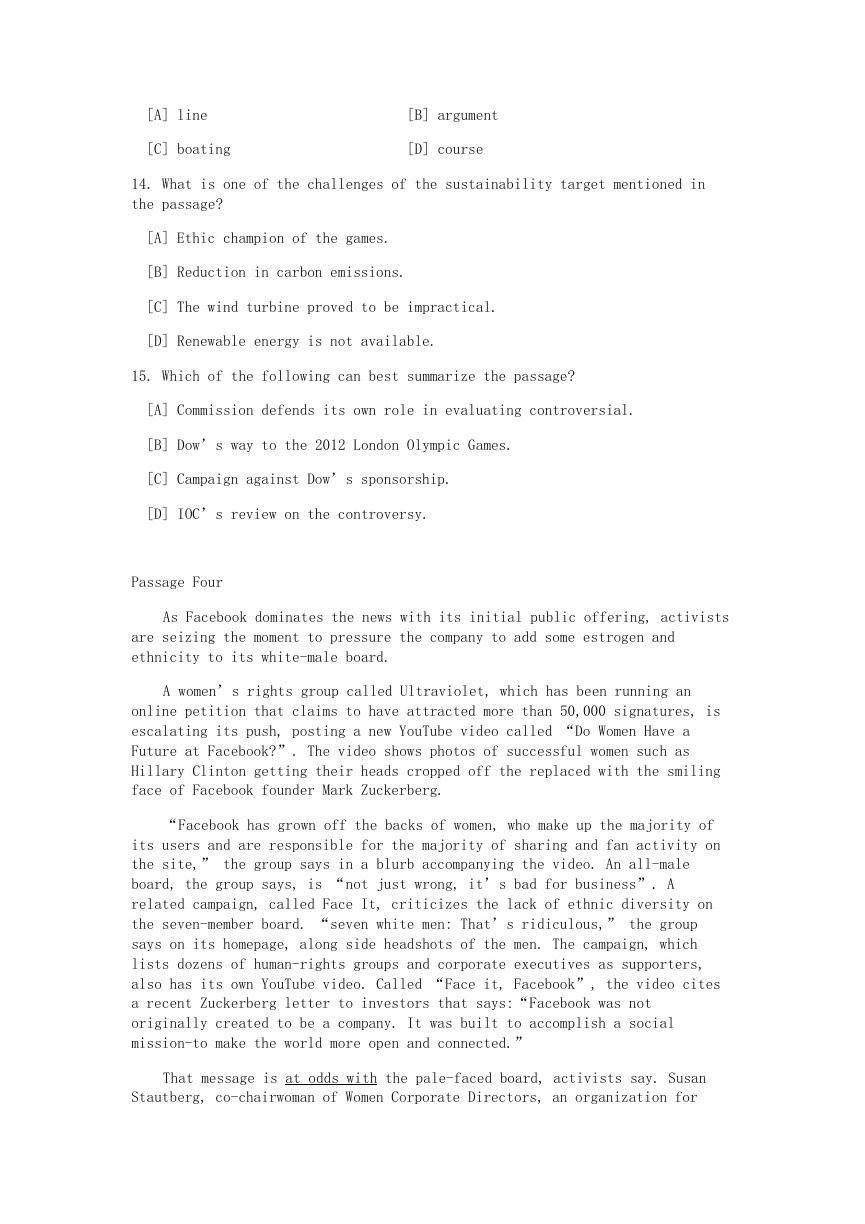
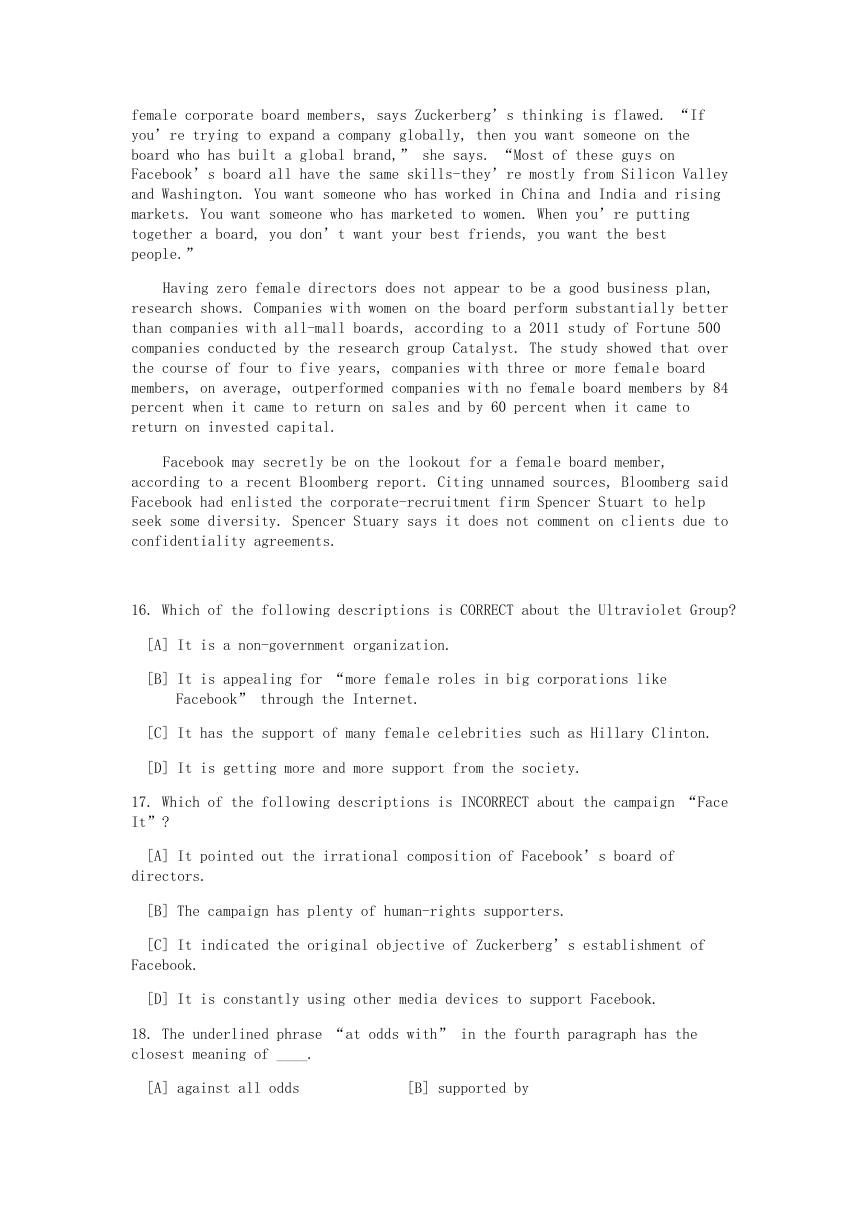
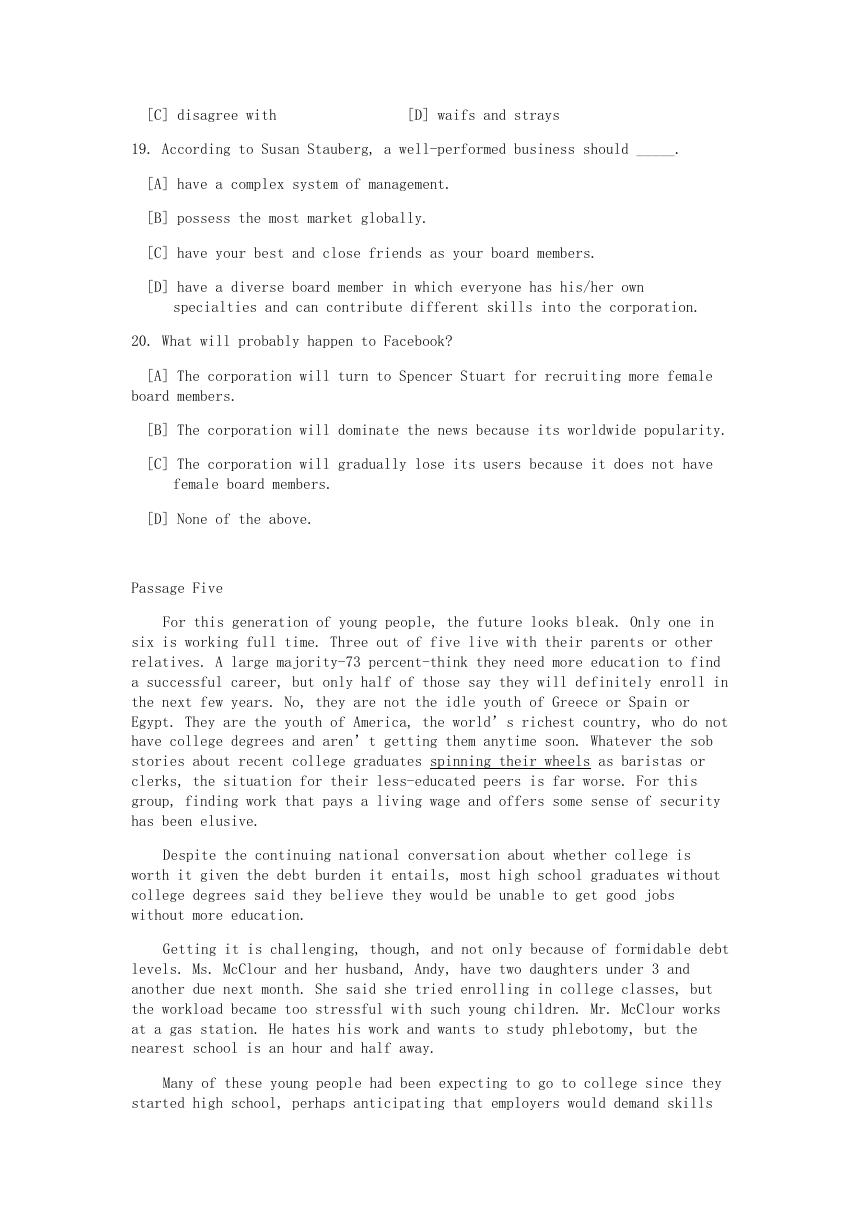








 2023年江西萍乡中考道德与法治真题及答案.doc
2023年江西萍乡中考道德与法治真题及答案.doc 2012年重庆南川中考生物真题及答案.doc
2012年重庆南川中考生物真题及答案.doc 2013年江西师范大学地理学综合及文艺理论基础考研真题.doc
2013年江西师范大学地理学综合及文艺理论基础考研真题.doc 2020年四川甘孜小升初语文真题及答案I卷.doc
2020年四川甘孜小升初语文真题及答案I卷.doc 2020年注册岩土工程师专业基础考试真题及答案.doc
2020年注册岩土工程师专业基础考试真题及答案.doc 2023-2024学年福建省厦门市九年级上学期数学月考试题及答案.doc
2023-2024学年福建省厦门市九年级上学期数学月考试题及答案.doc 2021-2022学年辽宁省沈阳市大东区九年级上学期语文期末试题及答案.doc
2021-2022学年辽宁省沈阳市大东区九年级上学期语文期末试题及答案.doc 2022-2023学年北京东城区初三第一学期物理期末试卷及答案.doc
2022-2023学年北京东城区初三第一学期物理期末试卷及答案.doc 2018上半年江西教师资格初中地理学科知识与教学能力真题及答案.doc
2018上半年江西教师资格初中地理学科知识与教学能力真题及答案.doc 2012年河北国家公务员申论考试真题及答案-省级.doc
2012年河北国家公务员申论考试真题及答案-省级.doc 2020-2021学年江苏省扬州市江都区邵樊片九年级上学期数学第一次质量检测试题及答案.doc
2020-2021学年江苏省扬州市江都区邵樊片九年级上学期数学第一次质量检测试题及答案.doc 2022下半年黑龙江教师资格证中学综合素质真题及答案.doc
2022下半年黑龙江教师资格证中学综合素质真题及答案.doc